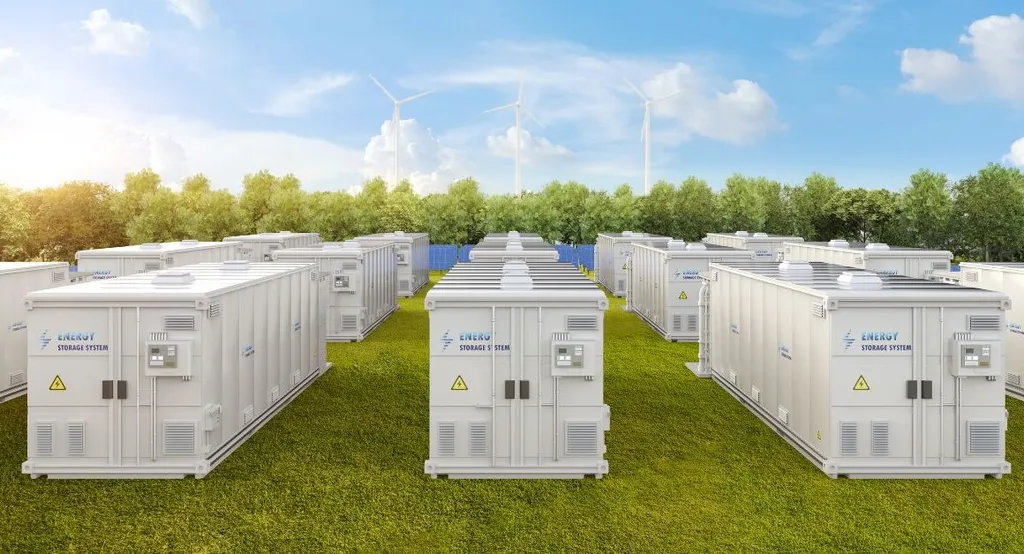In a groundbreaking development poised to revolutionize energy storage and thermal management, researchers have introduced a novel type of vitrimer-based phase change material (V-PCM) that combines dynamic transesterification bonding with latent heat storage properties. This innovation, detailed in a recent study published in the journal *eXPRESS Polymer Letters* (which translates to *Polymer Letters Express*), opens up new avenues for sustainable thermal energy applications.
At the heart of this research is the integration of poly(ethylene glycol) (PEG) within a vitrimer network, a feat accomplished by lead author Bo-Han Zeng and their team. The resulting V-PCMs exhibit remarkable properties, including a high latent heat storage capacity of 63.2 J/g, outstanding thermal stability up to 350 °C, and excellent leakage resistance up to 150 °C. “The flexibility of the PEG segments not only enhances the tensile properties of the material but also enables efficient reprocessing via hot pressing without significant property degradation,” Zeng explains. This reprocessability is a game-changer for the industry, as it allows for the recycling and reuse of materials, reducing waste and costs.
The implications for the energy sector are profound. Traditional phase change materials often suffer from leakage and poor thermal stability, limiting their applications. However, the V-PCMs developed in this study overcome these challenges, offering a stable and efficient solution for thermal energy storage. “This work presents a novel strategy for developing crosslinked and reprocessable V-PCMs, broadening their potential for sustainable thermal energy storage and management applications,” Zeng states.
The commercial impact of this research could be substantial. Energy storage is a critical component of renewable energy systems, and the ability to store and release heat efficiently can enhance the performance of solar thermal systems, building temperature regulation, and industrial processes. The reprocessability of these materials also aligns with the growing demand for sustainable and circular economy practices, making them an attractive option for industries looking to reduce their environmental footprint.
As the world continues to seek innovative solutions for energy storage and thermal management, the development of these V-PCMs represents a significant step forward. By combining the benefits of dynamic bonding and latent heat storage, this research not only advances the field of functional polymers but also paves the way for more efficient and sustainable energy solutions. The study, published in *eXPRESS Polymer Letters*, underscores the potential of these materials to shape the future of thermal energy storage and management, offering a glimpse into a more sustainable and energy-efficient future.

